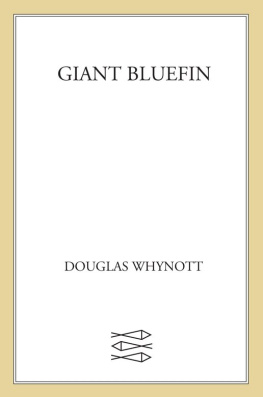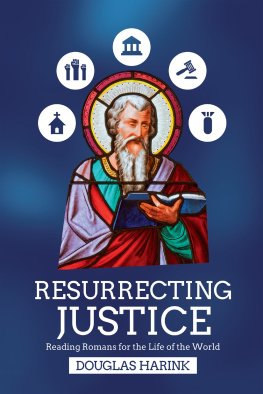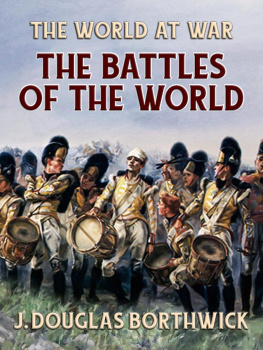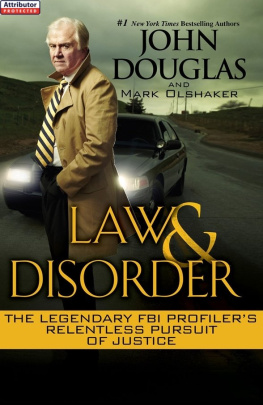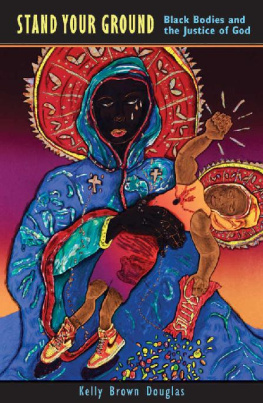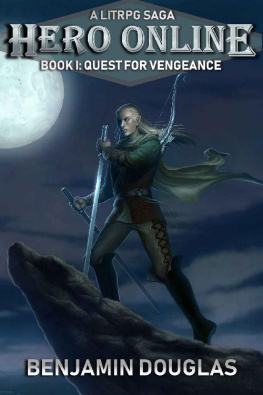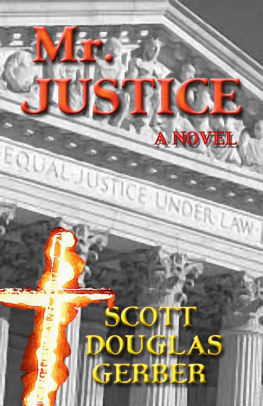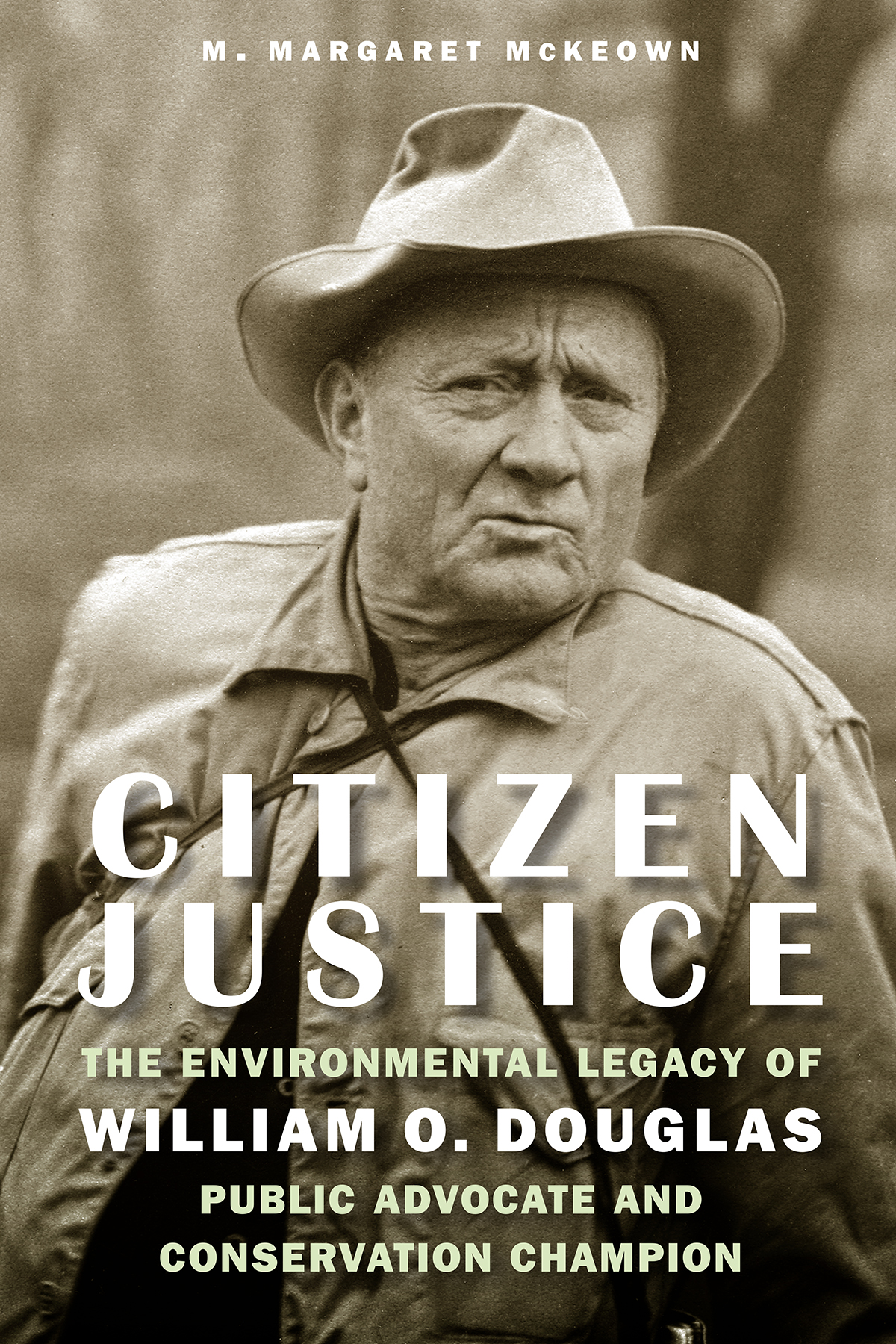
A magnificent portrayal not only of a heroic and brilliant yet nonetheless flawed justice but of the conservation movement of the second half of the twentieth century, in which Justice Douglas played a surprisingly central role. Judge McKeowns highly engaging and richly detailed account underscores the enormously positive impact Douglas had on preserving the nations landscape.
Richard J. Lazarus, professor of environmental and constitutional law at Harvard Law School
We remember Justice William O. Douglas as the brilliant, irascible, much-married Supreme Court dissenterbut this fascinating and highly readable book makes the persuasive case that this unusual man was, above all, one of the great environmentalists of the twentieth century. Those of us who love the American landscape and its remaining wild places, as he did, are in his debt.
Linda Greenhouse, author of Justice on the Brink: The Death of Ruth Bader Ginsburg, the Rise of Amy Coney Barrett, and Twelve Months That Transformed the Supreme Court
Justice Douglas was a complicated figure, and his record is far from spotless. But with his hiking boots on, he brought things to American governance and jurisprudence that hadnt been there before: a clear-eyed love for the world around us and a sense of the threats it faced. If he seems to us like a figure from another era, there were ways in which he was well ahead of his time.
Bill McKibben, author of The End of Nature
From one distinguished federal judge of the twenty-first century, a revealing and inspiring look at one of the great judicial and public figures of the twentieth century. Our lives and decisions are guided by examples of what is possible. Through its story of William O. Douglass achievements as an environmentalist, Citizen Justice will equip others to care for the planet and their communities.
James Fallows, national correspondent for The Atlantic and coauthor of Our Towns: A 100,000-Mile Journey into the Heart of America
Great women and men achieve immortality through the ideas that influence those who live after them, but William O. Douglas also achieved a more tangible and rarified immortality: protected wildernessfrom the Brooks Range in Alaska, to the Red River Gorge in Kentucky, to the William O. Douglas Wilderness in Washington State. Citizen Justice captures Douglass odyssey in a fascinating and poignant way.
Rick Ridgeway, mountaineer, environmentalist, and author of Life Lived Wild: Adventures at the Edge of the Map
A fascinating and engaging book exploring the story of iconoclastic Supreme Court Justice William O. Douglas and the dual role he played on and off the court in the world of conservation and the environment.
Rose Marcario, former CEO of Patagonia
A profound exploration of the enormous and unique contributions to conservation made by Justice Douglas even while he served on the high court, insightfully recounted by another leading American jurist.
David A. Churchill, past chair of The Wilderness Society
Citizen Justice is a fiercely intelligent look at how William O. Douglas, Americas longest-serving Supreme Court justice, became the gold-standard conservation activist from the 1930s to the 1970s by promoting wilderness values and public lands preservation from Arctic Alaska to the Allagash of Maine. Because M. Margaret McKeown is a highly respected U.S. federal judge, she brings a stunning legal perspective to understanding Douglass passionate secondary career championing Big Trees and Big Parks. This is environmental history at its monumental best. Highly recommended!
Douglas Brinkley, author of Wilderness Warrior: Theodore Roosevelt and the Crusade for America
Like her subject, M. Margaret McKeown is a child of the West, a distinguished jurist, an incisive writer, and a lover of wild places. She brings all those assets powerfully to bear in this long-overdue account of William O. Douglass enormously consequential contributions to the modern conservation movement. Douglas was chronically controversial, frequently cantankerous, sometimes conniving, and often cavalier about judicial ethics. But whether on the bench or on the trail, he toiled tirelessly and creatively to protect the wilderness he held so dear. This colorful and compelling book secures his rightful place in the pantheon of environmental champions.
David M. Kennedy, author of the Pulitzer Prizewinning Freedom from Fear: The American People in Depression and War, 19291945
Citizen Justice
The Environmental Legacy of William O. DouglasPublic Advocate and Conservation Champion
M. Margaret McKeown
Potomac Books
An imprint of the University of Nebraska Press
2022 by M. Margaret McKeown
Cover designed by University of Nebraska Press; cover image courtesy of the estate of Charles Reich.
Author photo courtesy of the author.
An earlier version of chapter 10 was first published as The Trees Are Still Standing: The Backstory of Sierra Club v. Morton, Journal of Supreme Court History 44, no. 2 (2019): 189214. 2018 M. Margaret McKeown.
All rights reserved. Potomac Books is an imprint of the University of Nebraska Press.
Library of Congress Cataloging-in-Publication Data
Names: McKeown, M. Margaret (Mary Margaret), 1951 author.
Title: Citizen justice: the environmental legacy of William O. Douglaspublic advocate and conservation champion / M. Margaret McKeown.
Description: [Lincoln]: Potomac Books, an imprint of the University of Nebraska Press, [2022] | Includes bibliographical references and index.
Identifiers: LCCN 2022001047
ISBN 9781640123007 (hardback)
ISBN 9781640125544 (epub)
ISBN 9781640125551 (pdf)
Subjects: LCSH : Douglas, William O. (William Orville), 18981980Influence. | Environmental lawUnited StatesHistory20th century. | Nature conservationUnited StatesHistory20th century.
Classification: LCC KF 8745. D 6 M 35 2022 | DDC 347.73/2634 [B]dc23/eng/20220331
LC record available at https://lccn.loc.gov/2022001047
The publisher does not have any control over and does not assume any responsibility for author or third-party websites or their content.
Dedicated to Peter and Haruka for their inspiration
Contents
Long before ecology and environmentalist became household words, early twentieth-century conservation pioneerssuch as President Teddy Roosevelt and John Muir, founder of the Sierra Clubadvocated to preserve nature. After World War II this movement took on a new urgency as the age of the automobile thrived. The nation was inundated with ubiquitous stretches of asphalt, overcrowded campgrounds, and traffic, and the last great American wildernesses were at risk.
Enter Justice William O. Douglas. Douglas, the longest-serving justice in American history, held a seat on the Supreme Court from 1939 to 1974. Hailing from the Pacific Northwest, he was a renowned legal academic, former chair of the Securities and Exchange Commission, strong-willed jurist, and dedicated advocate for the environment. During his decades on the court, he launched a crusade to galvanize activists and the public as part of his conservation army. For him, a road was like a dagger cutting through the heart of wilderness.
Douglas, an enigmatic figure, left his mark on American jurisprudence, but his influence on Americas landscape was even more indelible. He became Americas teacher on law, democracy, and the environment. A prolific author who wrote at breakneck speed, Douglas authored some fifty books, including
Next page

